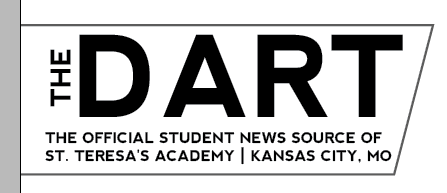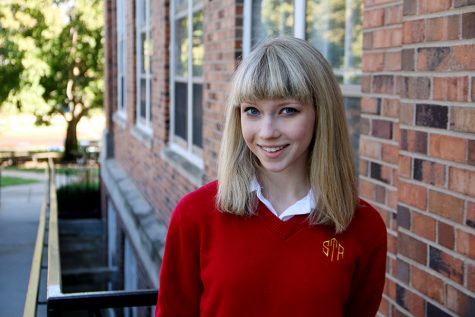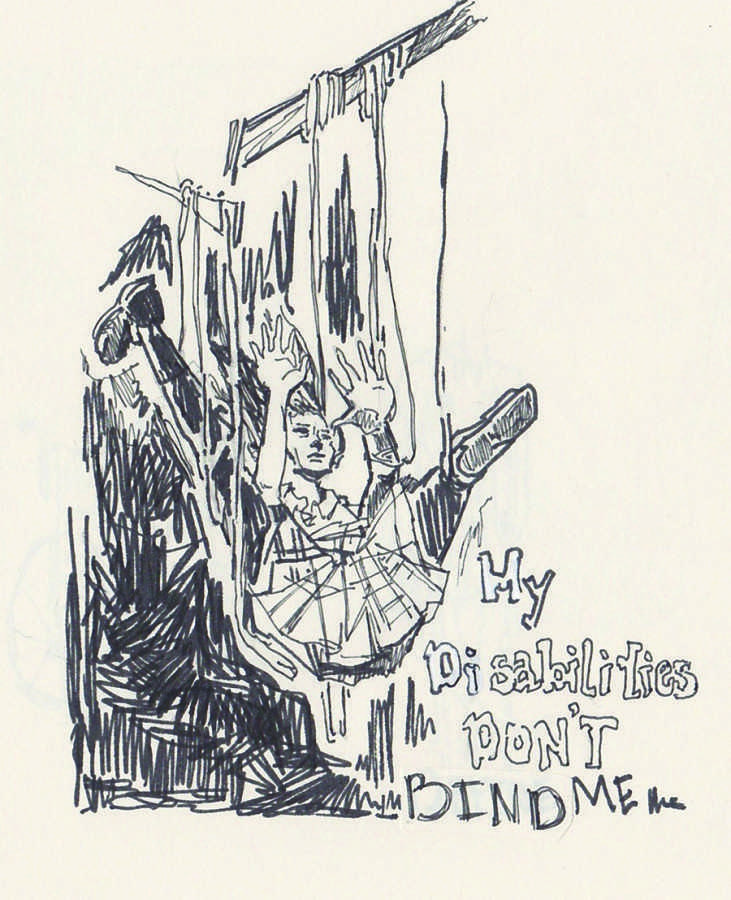The disabilities of our classmates don’t define them
Often at STA, we joke about disabilities, as if they are something affecting people far away. We forget that every girl who attends this school is different and faces different challenges every day.
She is not her disability.
She is not that girl in your literature class who always jumbles her words, or that girl in your grade who rolls down the hallway in her wheelchair. She is not the girl who needs extended time on her tests. She is not the girl who goes to therapy each week.
She is so much more.
Often at STA, we joke about disabilities, as if they are something affecting people far away. We forget that every girl who attends this school is different and faces different challenges every day.
No two girls travel down the hall in the same way.
No two girls take a test the same way.
No two girls grasp a lesson with the same understanding.
So why don’t we express concern for our friend who is gone from school for a doctor’s appointment instead of gossiping, complaining that she’s never at school?
Why do we comment that we would appreciate extended time on our tests, too, when the freshman in our advisory, who is already having a rough transition to STA, actually needs it?
So why do we joke about “being so OCD,” when a girl next to us is actually struggling to appear “normal,” so no one makes fun of her?
As human beings, we tend to label everything we see. We categorize them, push them into boxes, and leave them there to prove to us they are exactly as we expected.
But another human being shouldn’t need to prove to you that she is not who you assume she is.
You shouldn’t assume anyway.
To her mother, she is intelligent, thoughtful, silly. To her best friend, she is hilarious, gorgeous, priceless. To her sister, she is a role model, a fighter, an encourager.
To you, she is one thing. To them, she is many things.
Sure, she sees the world differently, but so do you – so does everyone. When you define her using one attribute, you forget that she is not a combination of her parts. She is human. She is to be celebrated because, no matter how you see her disability, she is fully alive.
As girls at a school concerned about serving the dear neighbor, we must begin to open our eyes to who that neighbor is, and what she is struggling with. We cannot continue joking about disabilities, as if they are something people make up to avoid getting what they deserve. We must start seeing these disabilities for what they are: something that affects the everyday life of those we hold most dear.
If you would like to label her, you might as well create another box for her.
She is many things.
She is not what you think.

The Dart's main editorials accompany centerspreads to provide an opinion or outlook on the topic covered. They are written by a staffer but published...

Most know me as Ellie Grever. Others - “Slagathor” (save the entire 11-year-old demographic to whom I am “Taylor Swift”). My interests lie primarily...



